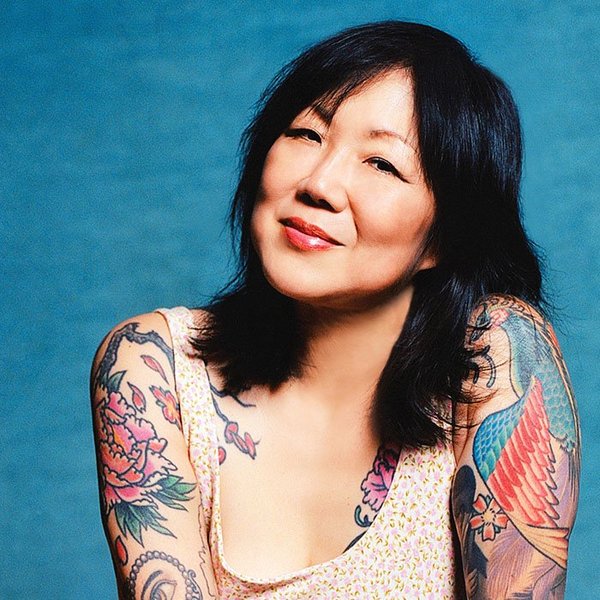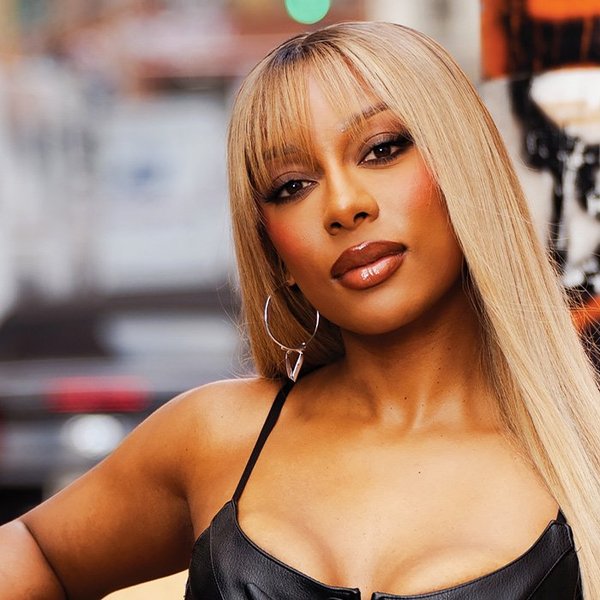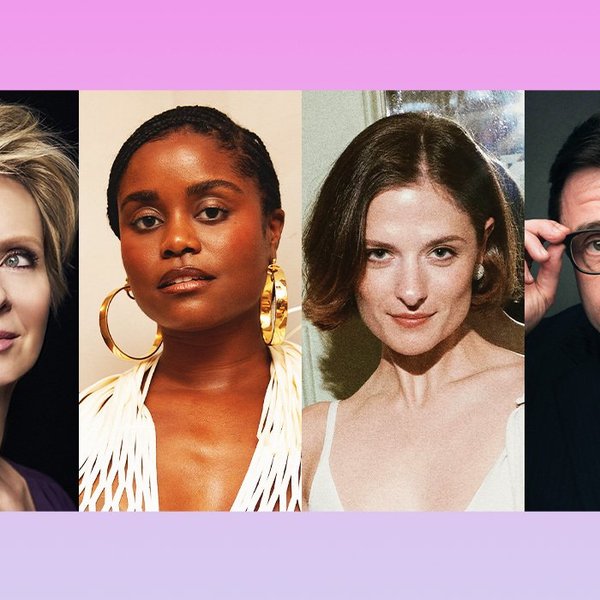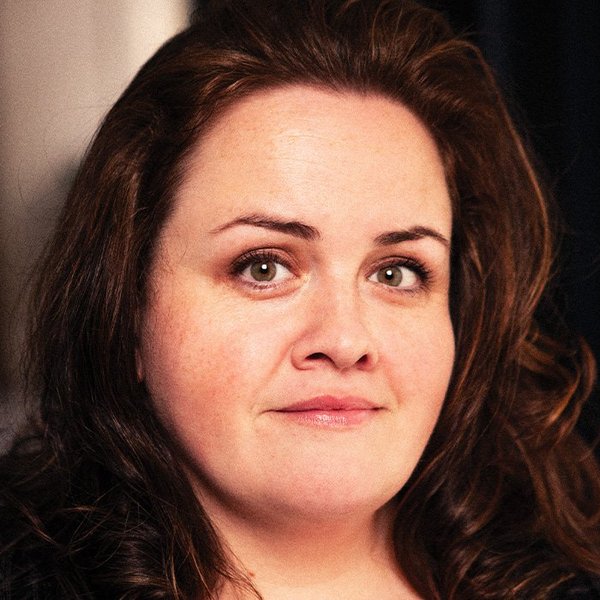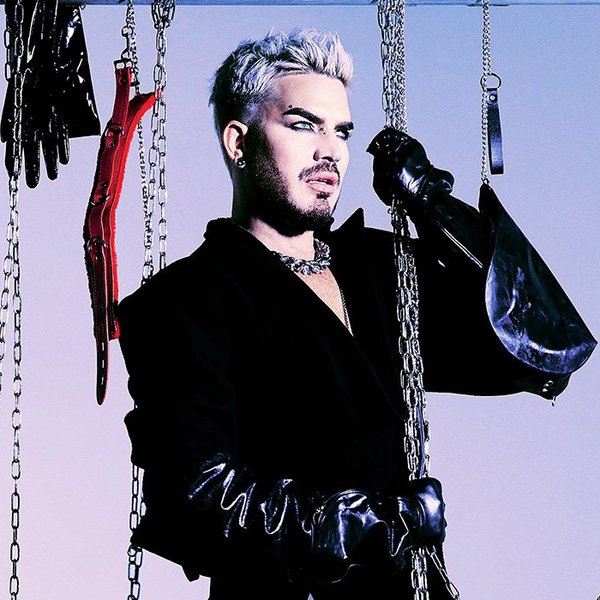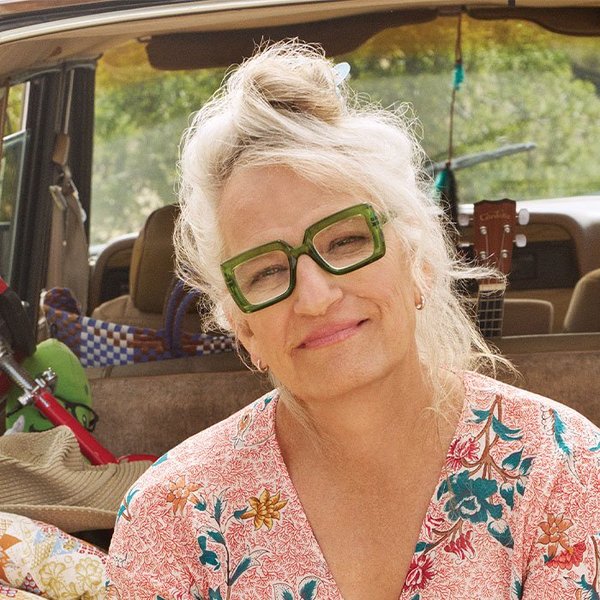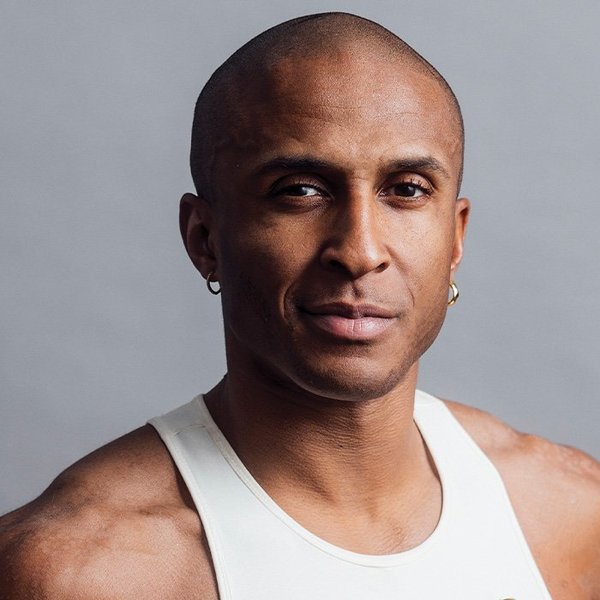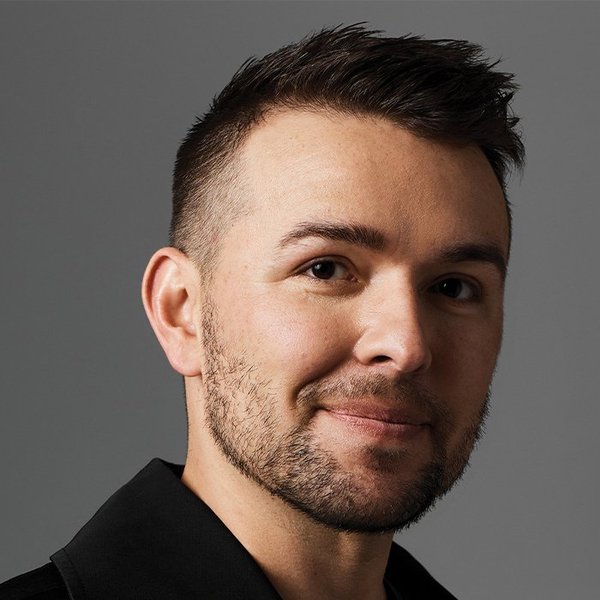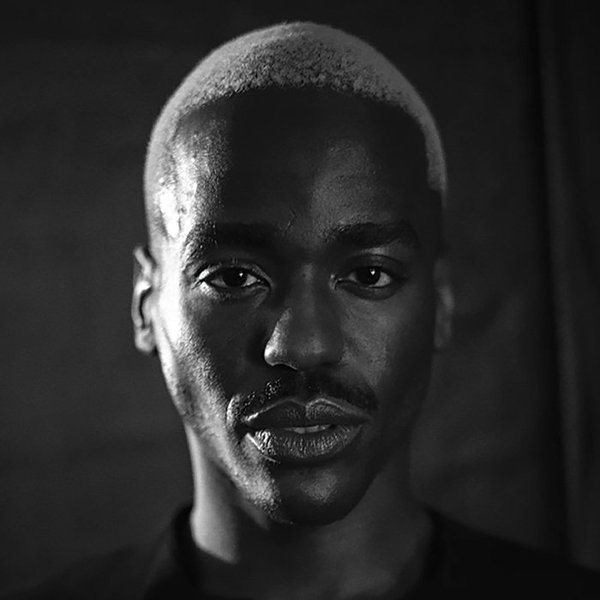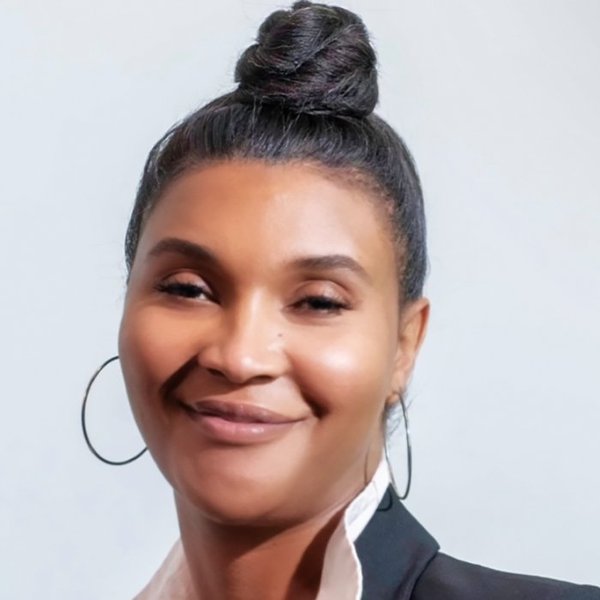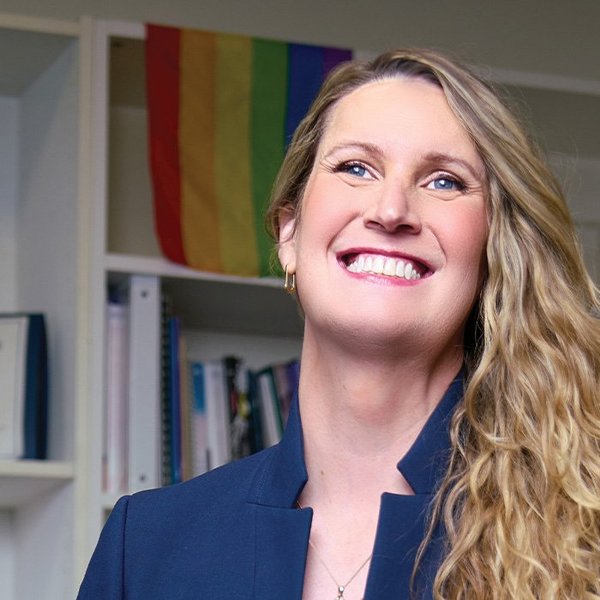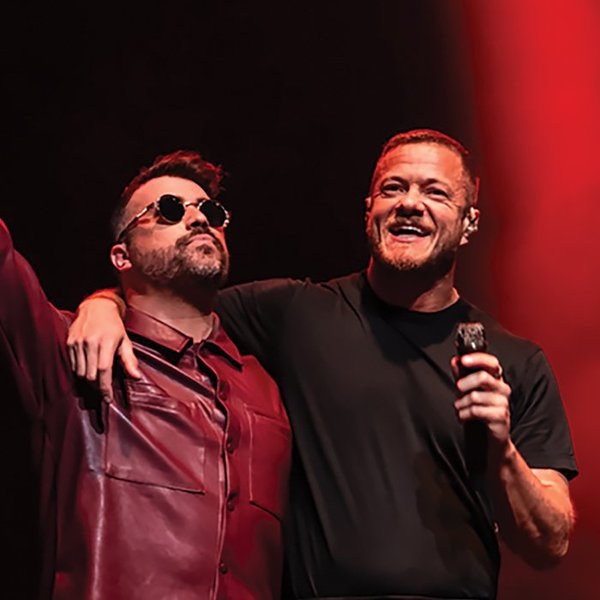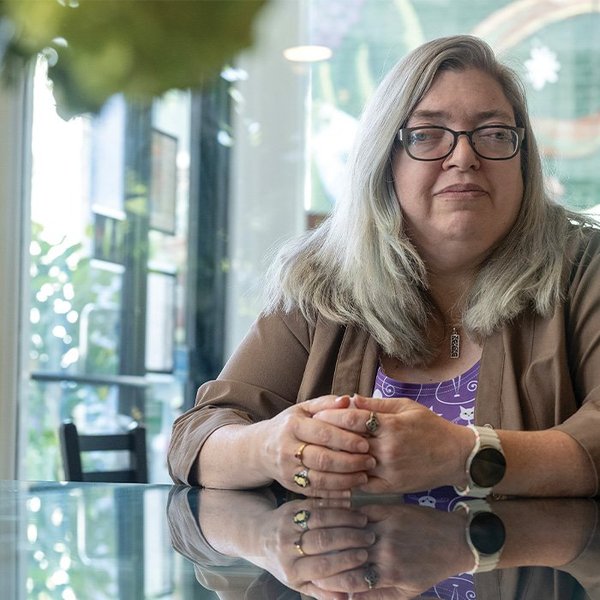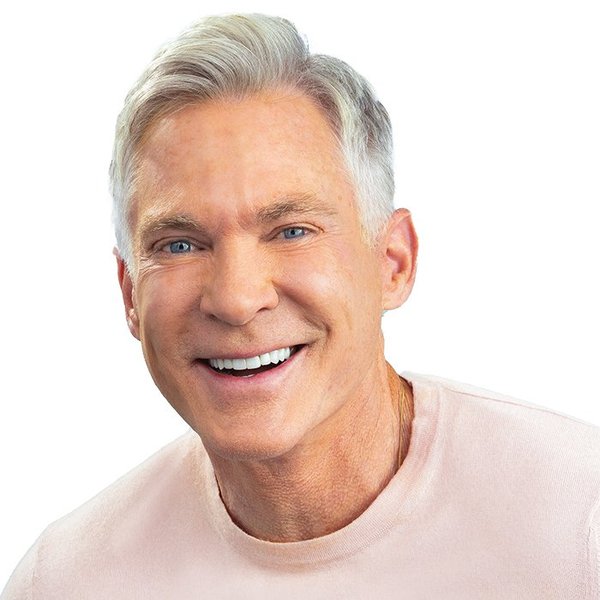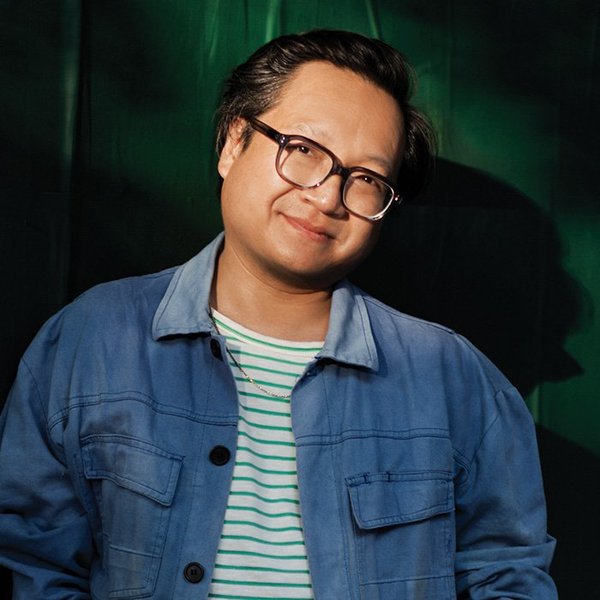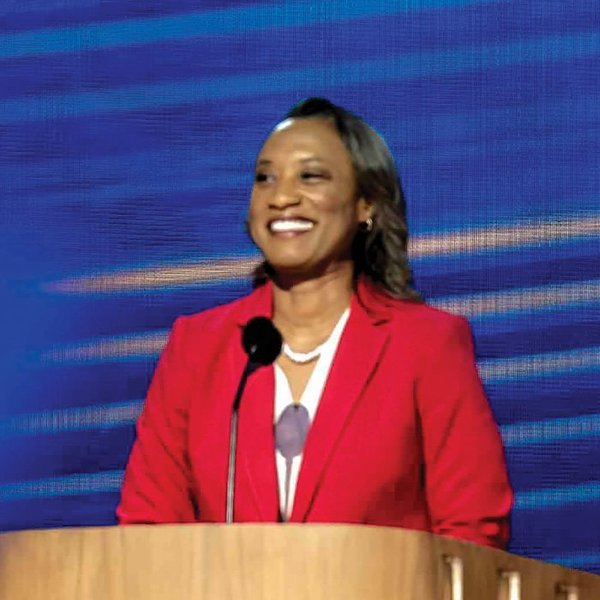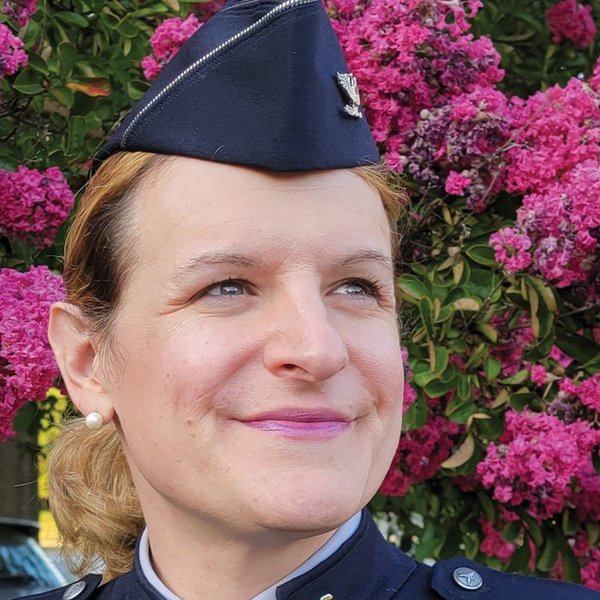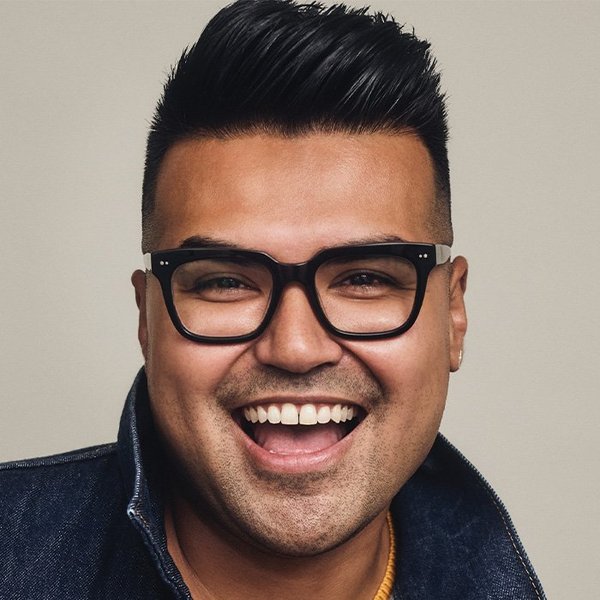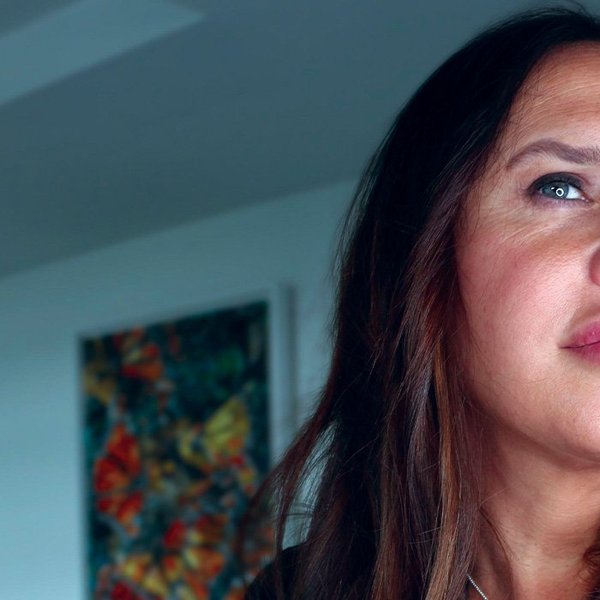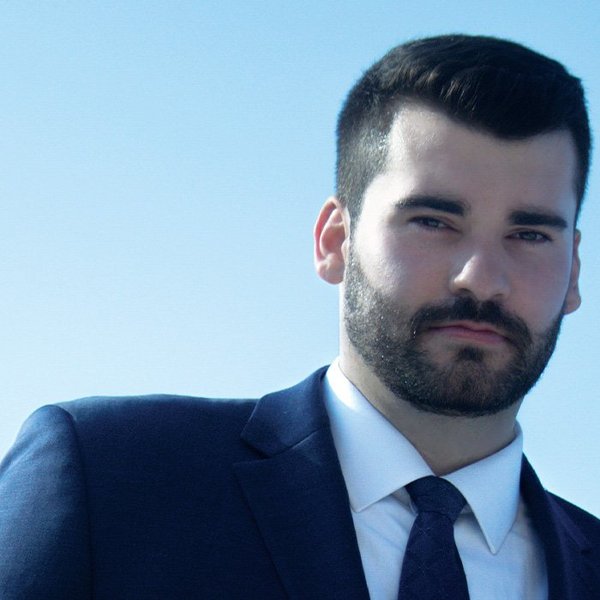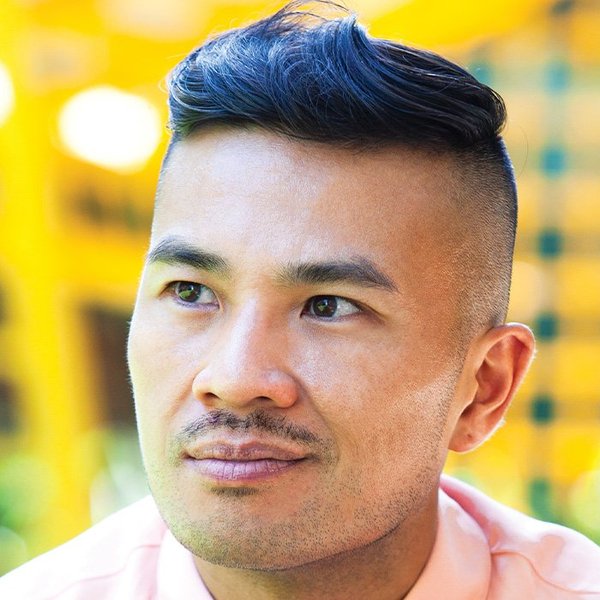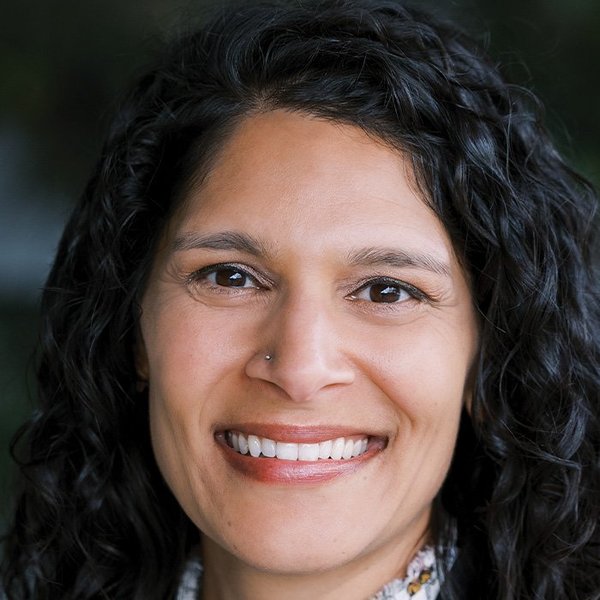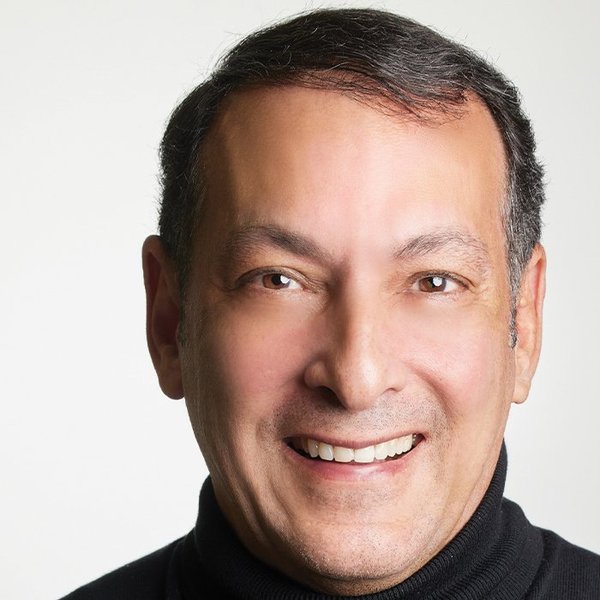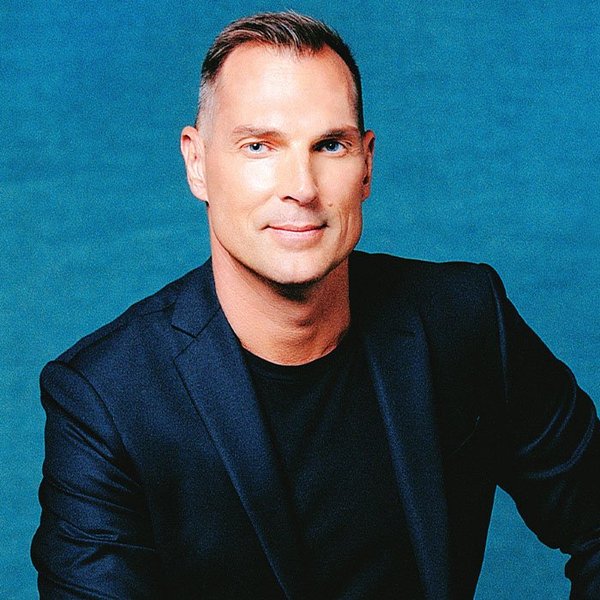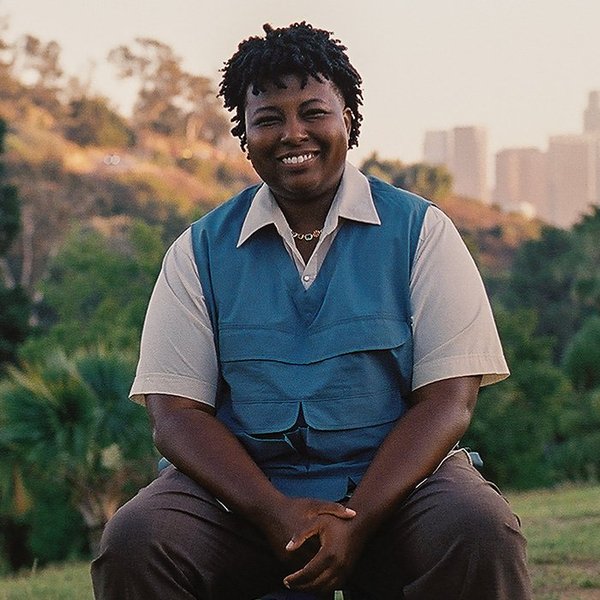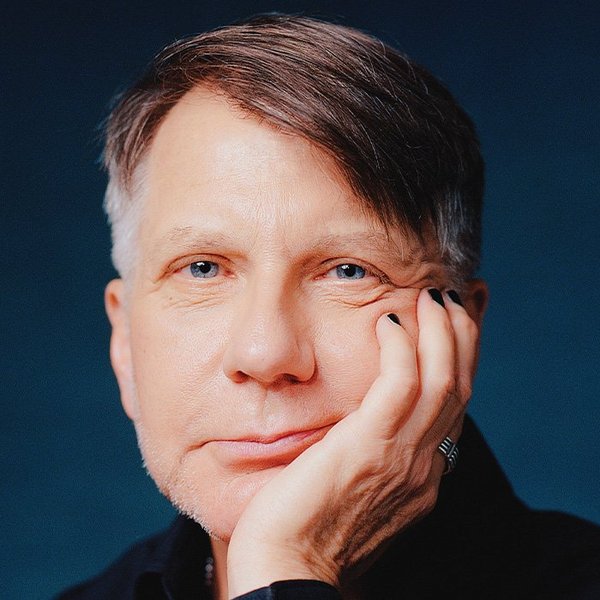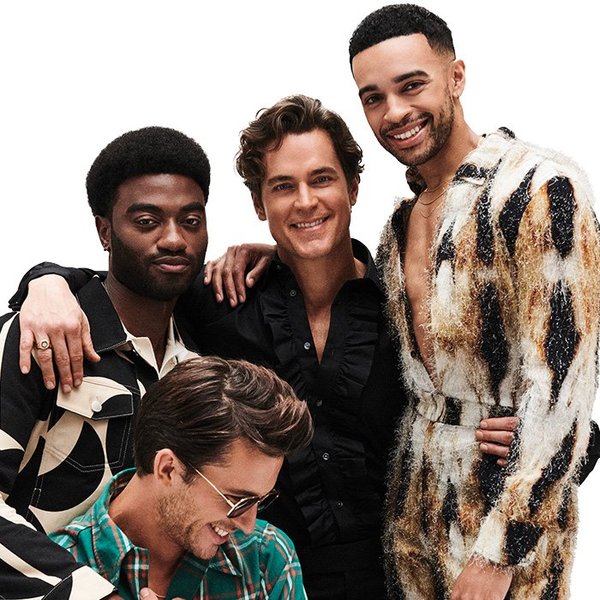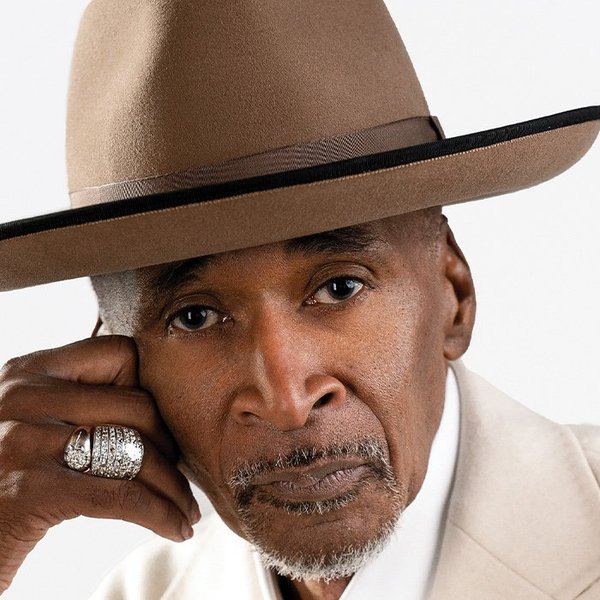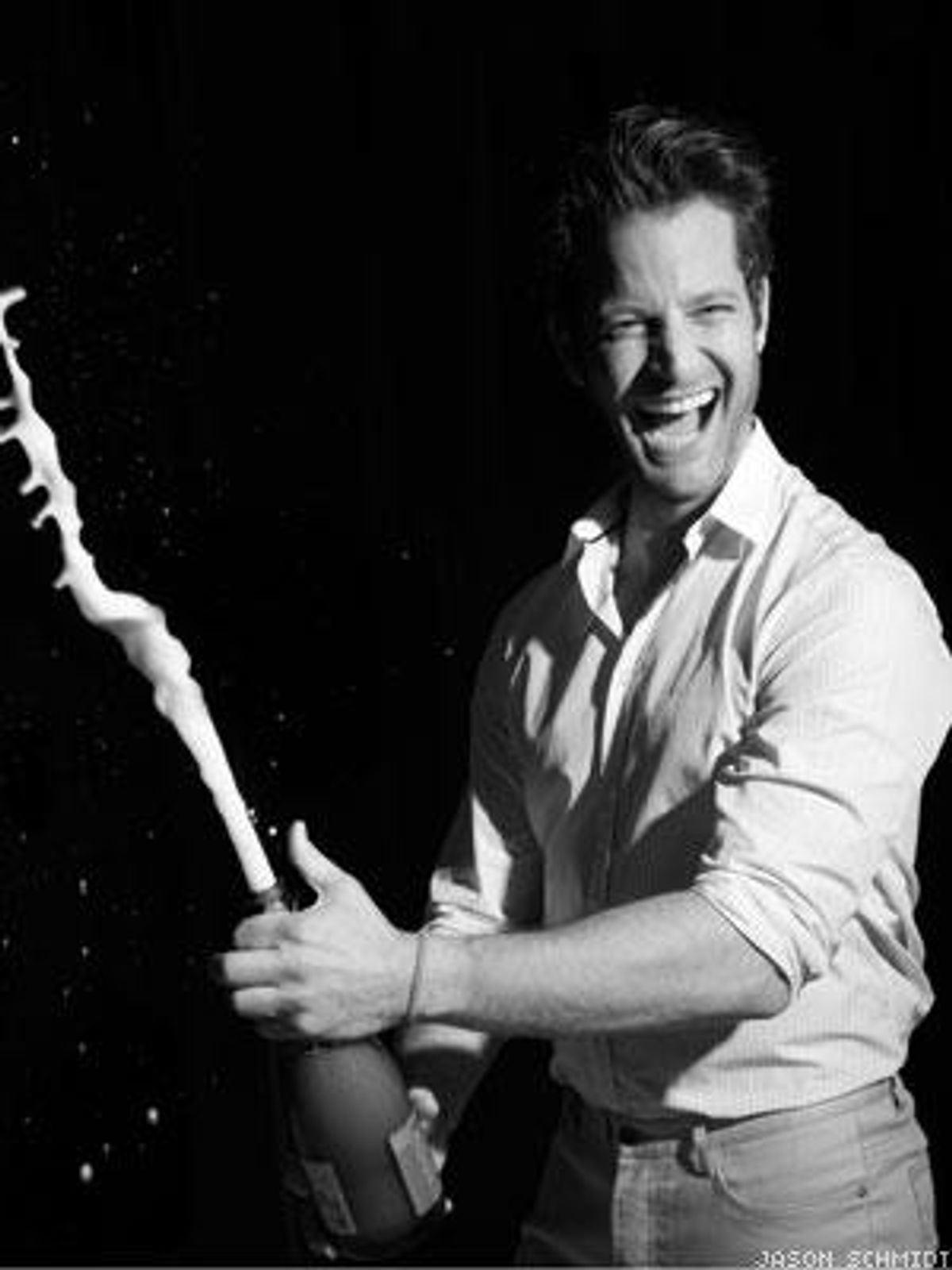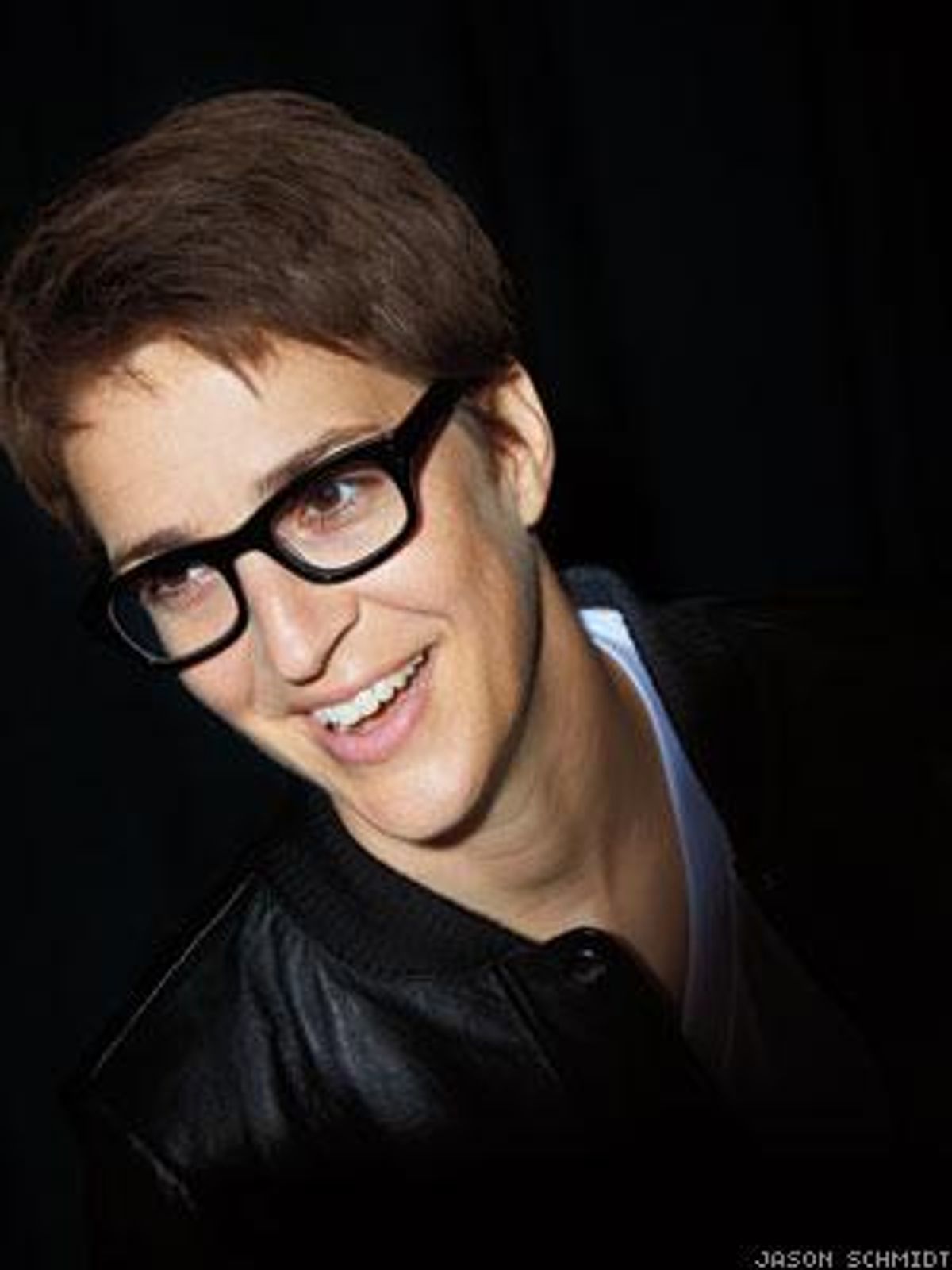
'Things are moving, so there's an unpredictability that makes covering the news very exciting,' says Rachel Maddow, whose nightly MSNBC show is appointment TV for anyone even halfway interested in the surreal theater of American politics amid the surging tide of anti-Washington sentiment. Maddow, a wry, mischievous counterweight to the brawling style of her rivals on Fox, is proof that not all political debate has to be reduced to schoolyard taunts, perhaps because she's more interested in the concept of change. She's described herself as having been 'a weird, depressive little kid' who thought she might grow up to be an Olympic athlete. Instead, thanks to a series of injuries, she found herself engaged in a different kind of sport -- politics. The trigger was AIDS. Growing up in the Bay Area in the late l980s, Maddow was galvanized by the unfolding tragedy and inspired by the philosophy of AIDS activism. 'I came up in that movement, in which there's not only a sense of community, but people frantically trying to document their community that is dying, that is disappearing, and trying to make the country understand the importance of what was being lost,' she says. 'It gave me a more nuanced appreciation of which political tactics work and which don't that I wouldn't otherwise have.'
It has also given her a compelling perspective on the state of gay activism in the age of Obama. 'We continue to have a sort of lackadaisical gay political movement that has a relationship with Democrat politicians that doesn't serve gay rights: 'We want to seem to be close to you.' Beautiful! But if we're not getting anything for that, then it's actually counterproductive,' she says. 'The organized gay political community is eager to recognize politicians who do the right thing, but when they do the wrong thing, nothing happens -- and that's true of the Left and the Right.' She uses Republican Minnesota governor Tom Emmer as an example. He gave money to a Christian rock band ministry whose front man essentially called for gays to be stoned to death. 'What's the cost of that?' she asks. 'It can't be that these social issues, these cultural issues, these civil rights issues are only electorally effective against us.'
We second that, sister.
See all of our 2010 Out 100 honorees here.









